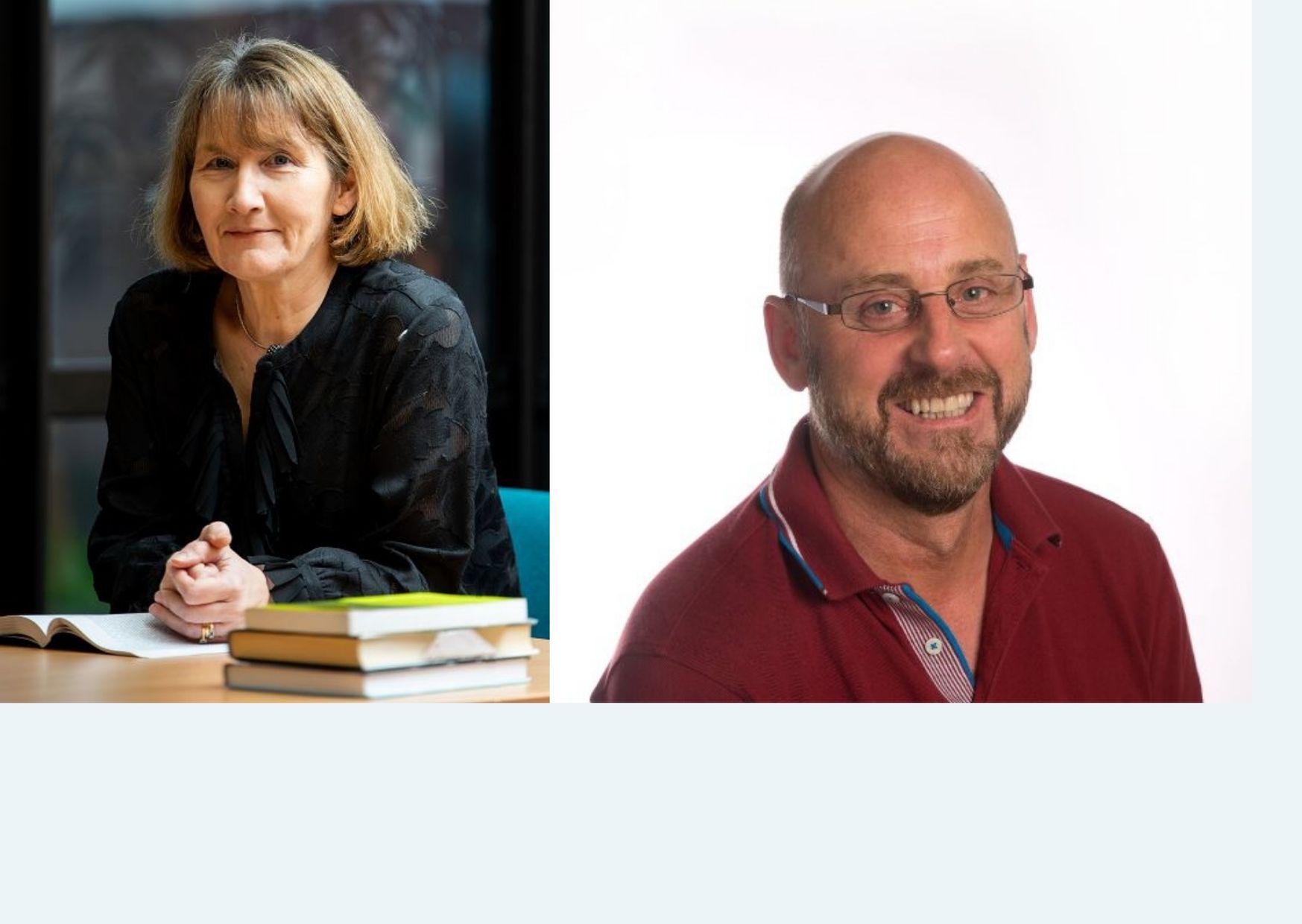Often when people from a socially disadvantaged area have poor health or behavioural issues, we look to the individual for the root of the problems without taking into account collective identities which, if considered, can help with positive change. Researchers at the Centre for Social Issues Research at UL have addressed this problem by conducting highly regarded research on the benefits and burdens of so-called ‘collective identities’, such as nationality, socio-economic groups, and ethnicity.
Their research shows that group identities can be used to promote health, social engagement and change. What might be called the social prescription. As a straightforward example, people bereaved by suicide can feel very socially isolated, an effect mitigated by being brought together.
Psychology has traditionally focused on biological, genetic or personality factors to explain why some people cope better or worse than others in adverse situations. However, such a narrow focus can lead to a therapeutic dead end because it is very difficult to change a person’s temperament or genetic predispositions. UL’s research, led by ERC Advanced Grant recipient, Professor Orla Muldoon and Dr Stephen Gallagher has shown how the collective or shared understandings of a person’s identity can profoundly shape their adaption to stressful, traumatic or adverse circumstances.
Members of the Centre for Social Issues Research at UL have worked with policymakers, government departments and public service organisations to apply these research findings to national policy, public services, and training programmes for social and health care professionals. At local levels, the centre has worked closely with NGOs and voluntary groups. This engagement has translated the research findings into practical benefits for communities and statutory agencies living and working at the coalface of adversity.
Listen: Using psychology and the power of collective identities to combat adversity










